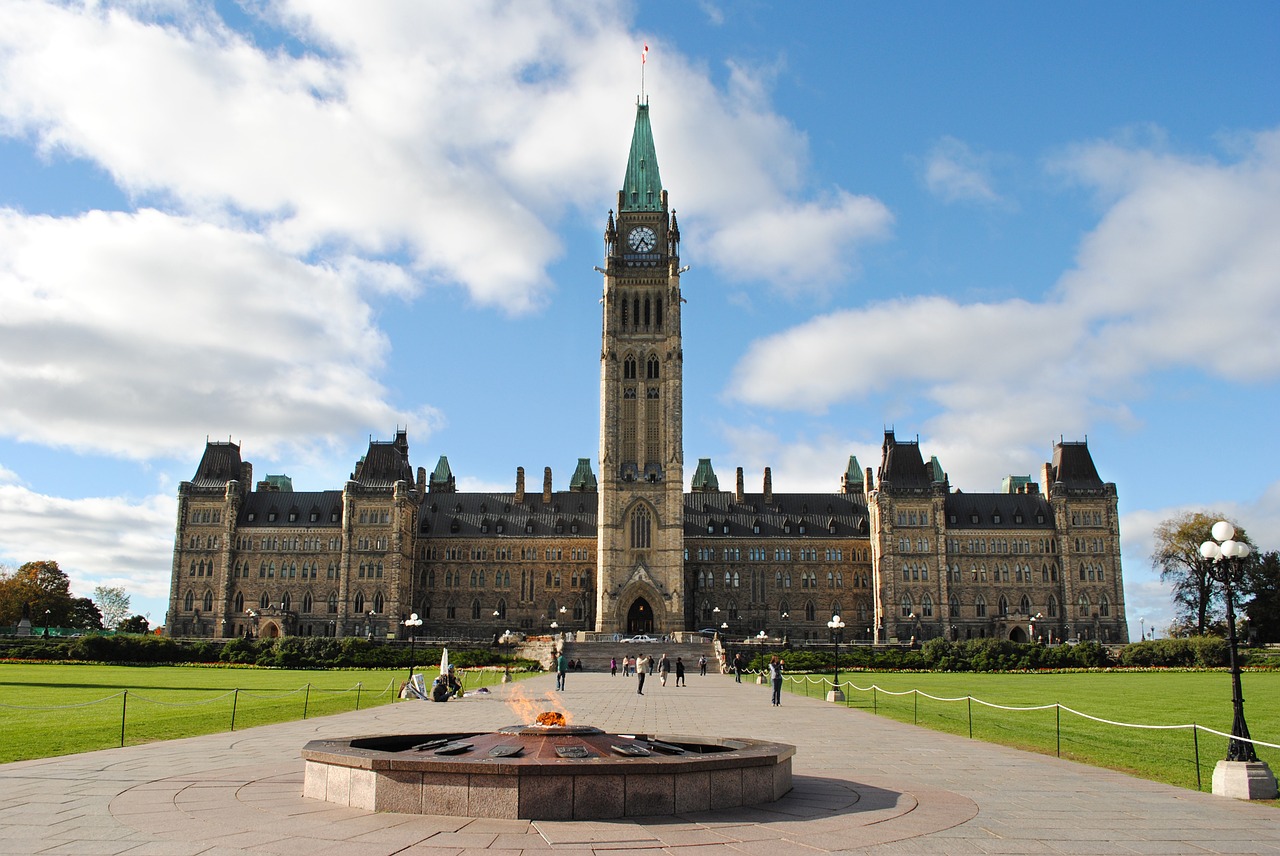How is our Liberal government starting to transform Canada?
True to their promise of bringing real change, the Trudeau-led government has already announced that many changes will begin to take place with regards to Canada’s immigration and refugee matters. The new government aims “to reopen Canada’s doors to welcome those who want to contribute to our country’s success”. They will be doing so by bringing forth amendments to refugee, citizenship and family reunification policies.
In regards to refugee matters, the Prime Minister listed his top priorities in Minister McCallum’s mandate letter. Among these priorities are the resettlements of 25,000 Syrian refugees, whom the State would sponsor with taxpayers covering the first-year cost of the relocation. In addition, the Liberal-majority government announced that $200 million will be invested to increase refugee processing, as well as sponsorship and settlement services capacity in Canada. They will provide an immediate $100 million to the United Nations High Commission for Refugees to support the critical relief activities in the region. Additional improvements include: restoring the Interim Federal Health Program, ending the appointment practice of individuals without subject matter expertise to the Immigration and Refugee Board (IRB) of Canada, and establishing an “Expert Human Rights Panel” for the determination of designated countries of origin with representatives from international human rights groups.
On citizenship matters, Canadians can expect to see the repealing of certain elements of the highly controversial Bill C-24. In particular, the current government announced its intention to repeal the “second-class citizen” provisions, which would have created a two-tier citizenship. Moreover, they announced the restoration of temporary residence time credit for international students and other temporary residents applying to become Canadian citizens.
Family reunification policies have been facilitated for new immigrants to Canada. To summarize a few, the new government plans to double the budget for family class immigration processing in order to restore processing times to the pre-Harper era. They will also restore the maximum age for dependents to 22 instead of 19 years-old. As such, more parents will be able to bring their children to Canada. Furthermore, they will double the number of new applications allowed each year for parents and grandparents from 5,000 to 10,000 and provide greater access to applicants with Canadian siblings, by granting additional points under the Express Entry system. These announced changes will reunite new spouses entering Canada by granting them immediate permanent residency, instead of imposing a two-year conditional status that puts spouses in vulnerable positions.
Another interesting policy change includes the elimination of visa requirements imposed to Mexicans. Since 2009, the federal government requires Mexican nationals to have a visa when visiting Canada. As a result, this created a “frosty relationship” between the two nations. These new amendments have potential to contribute in restoring an amical relationship between the Canadian and the Mexican governments.
Suffice it to say, a new wave of change in immigration and refugee policies is imminent. Time will tell how they will be executed. For now, these announced changes sound promising for family reunification purposes, citizenship matters and refugees.
One of areas that has not yet been highlighted by Canada’s new government, but definitely requires addressing, includes the urgent need to implement a much-needed mechanism to ensure oversight of the Canada Border Services Agency. Canadian immigration lawyers hope that it is something that the new government will consider with an open mind.
Share this article
Arghavan Gerami
Arghavan Gerami is the Founder and Senior Counsel at Gerami Law Professional Corporation ('PC'), a full-service immigration law firm in Ottawa, Ontario. Since 2011, Ms. Gerami has focused her practice on immigration and refugee litigation. Prior to that, Ms. Gerami worked at the Ministry of Attorney General and the Department of Justice and had the privilege of serving the Honourable Mr. Justice M. Evans at the Federal Court of Appeal on immigration and administrative law appeals. Ms. Gerami contributes to the Immigration Law Section of the Canadian Bar Association, the Canadian Association of Refugee Lawyers, and the United Nations High Commissioner for Refugees. Ms. Gerami has also published numerous journal articles and presented at various immigration and refugee law conferences and events across Canada.

